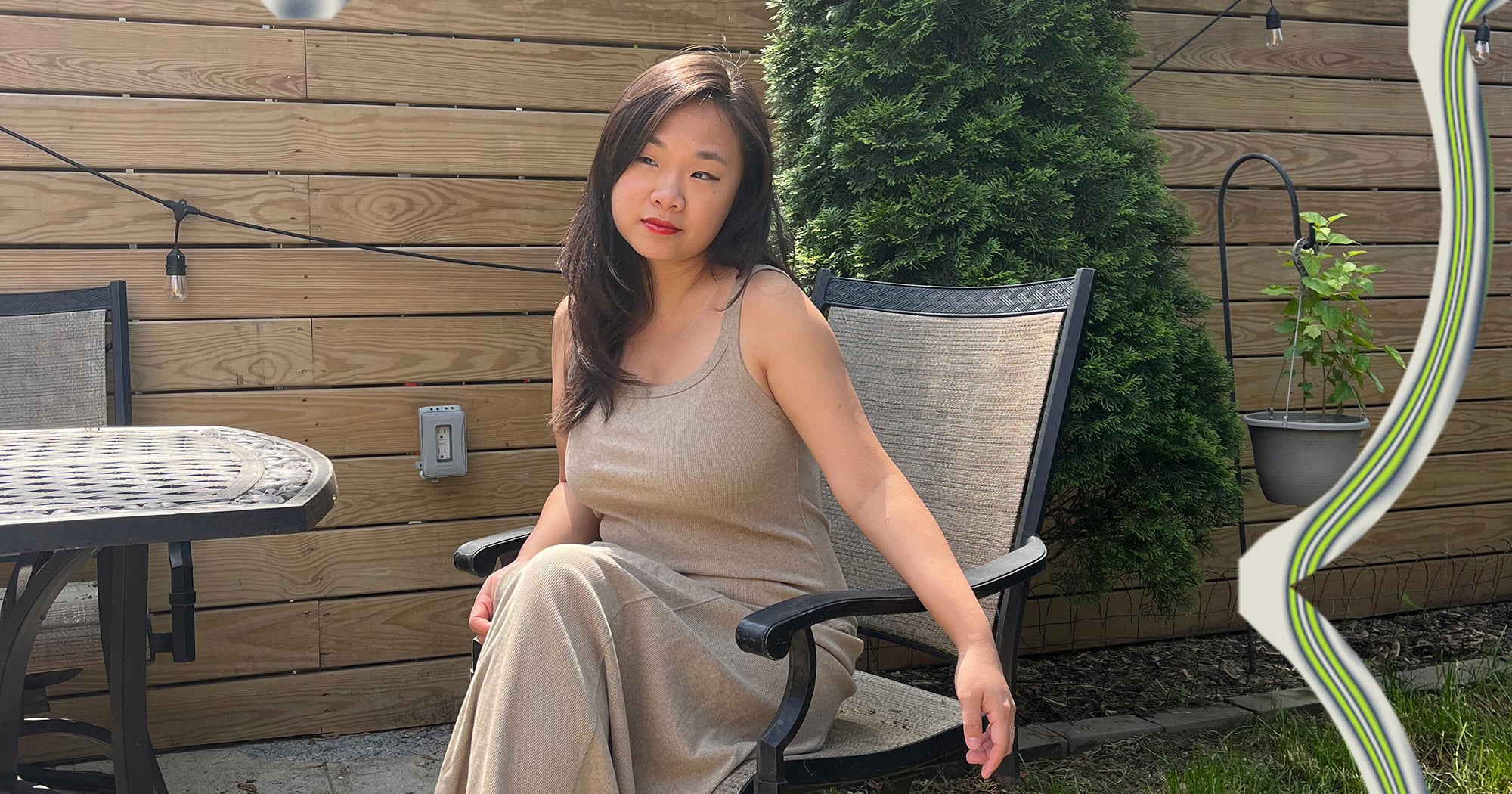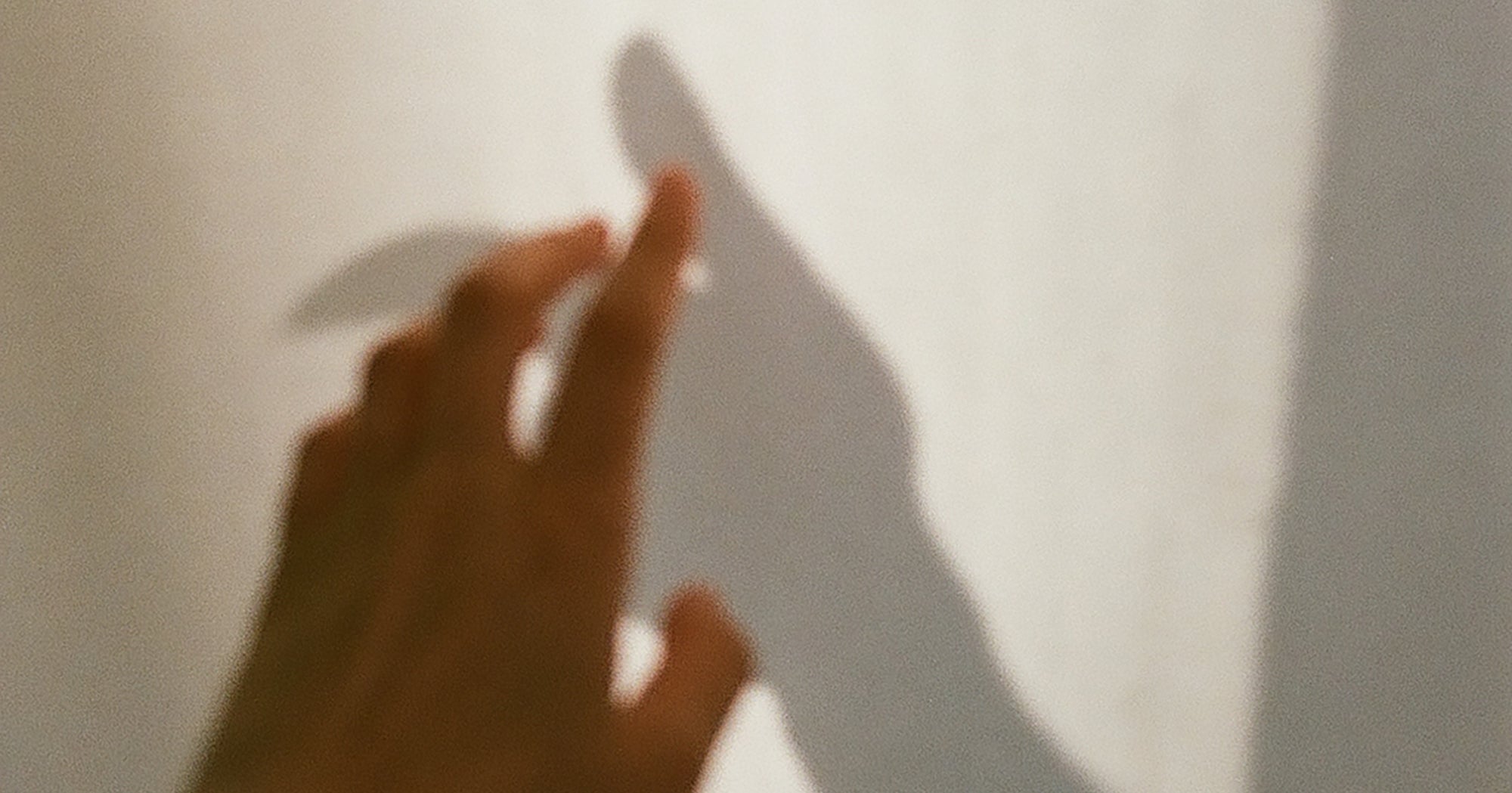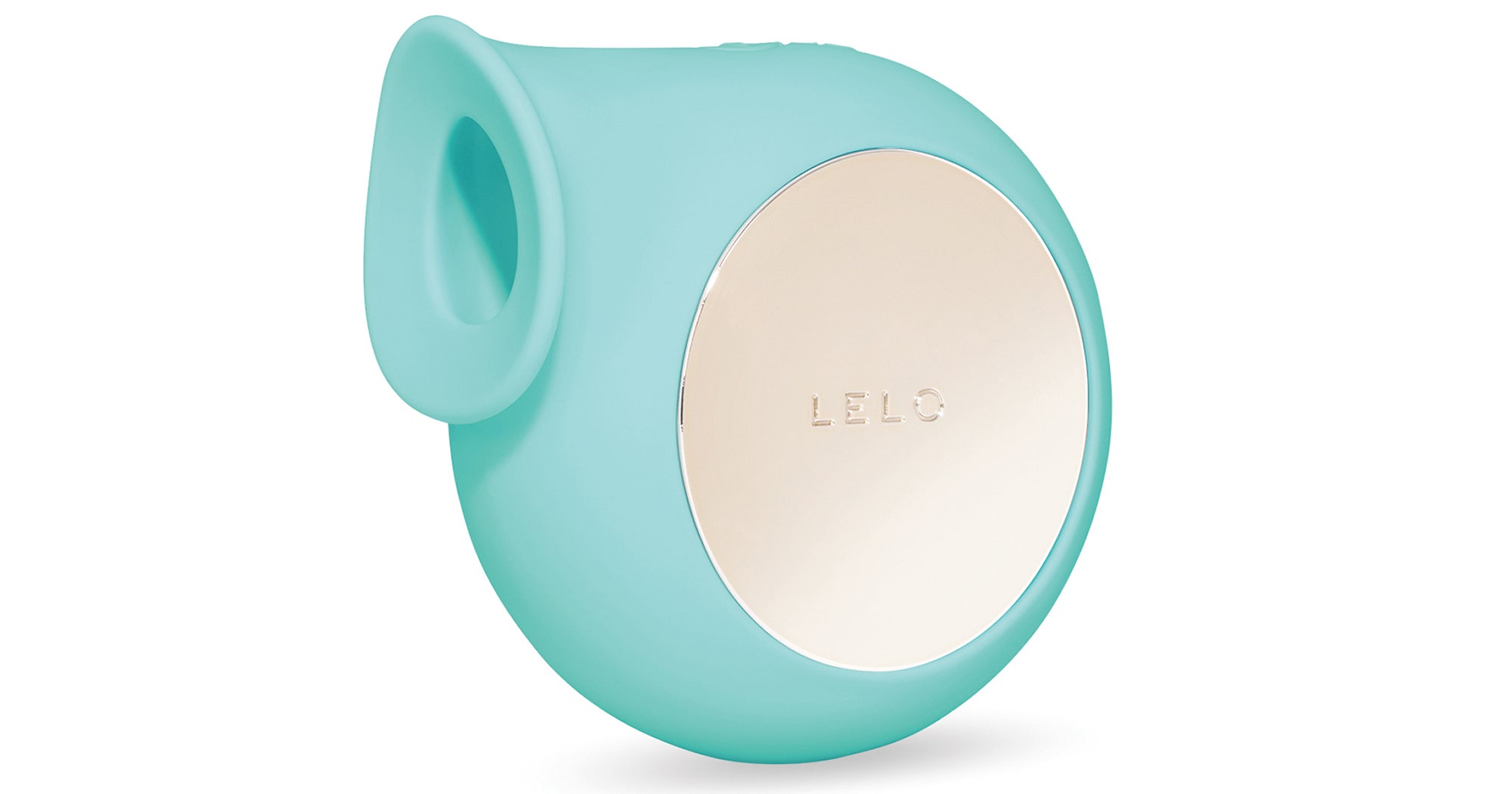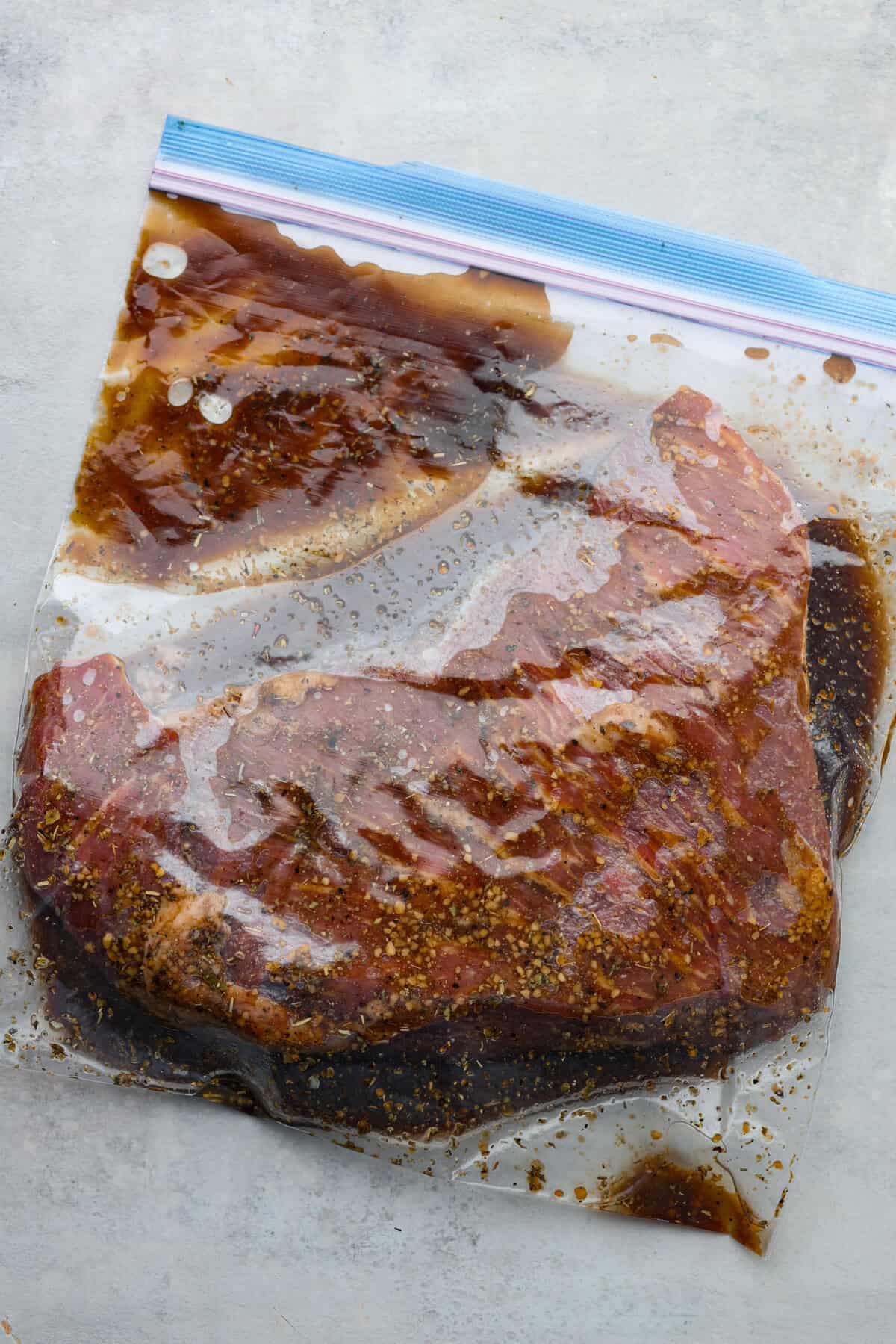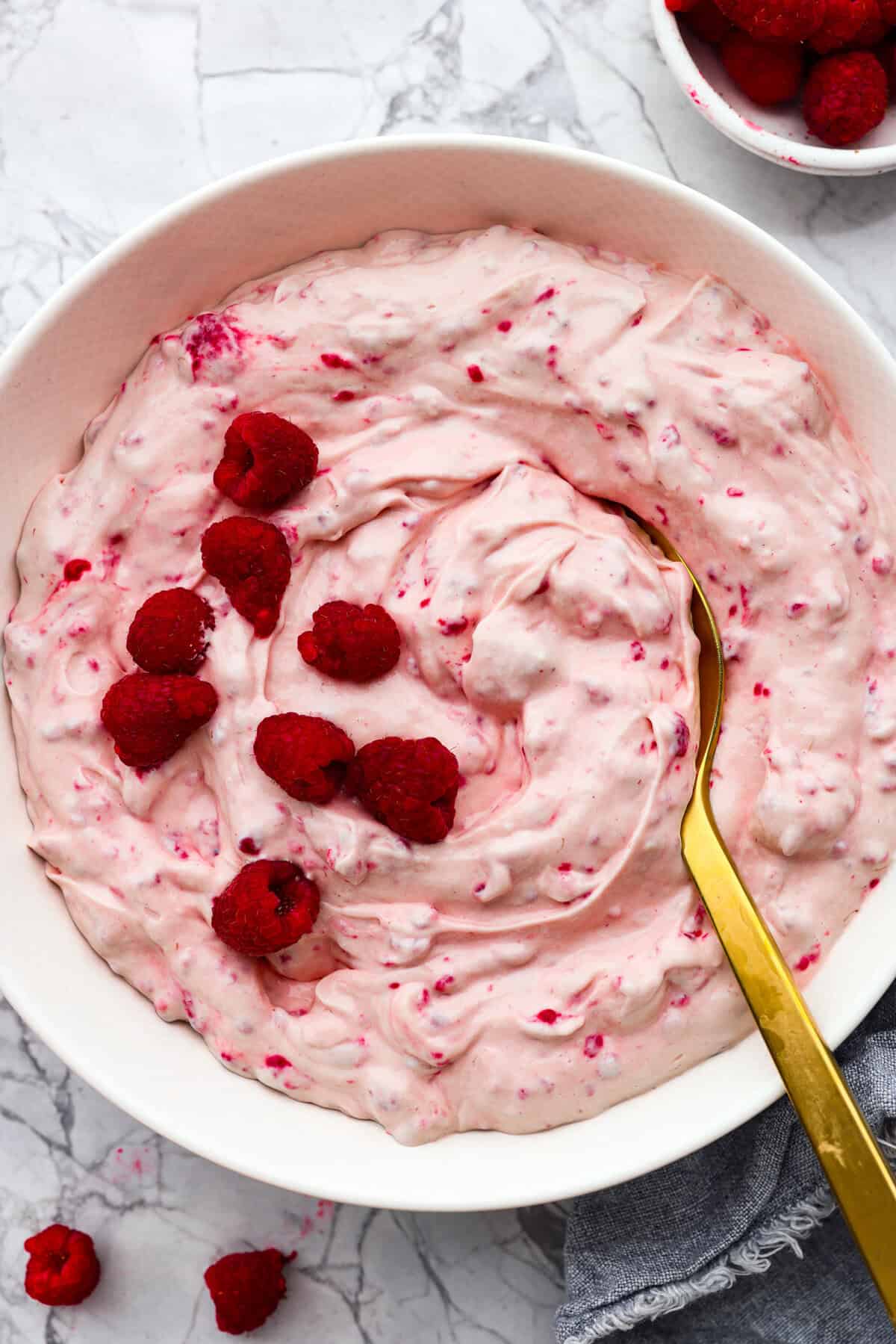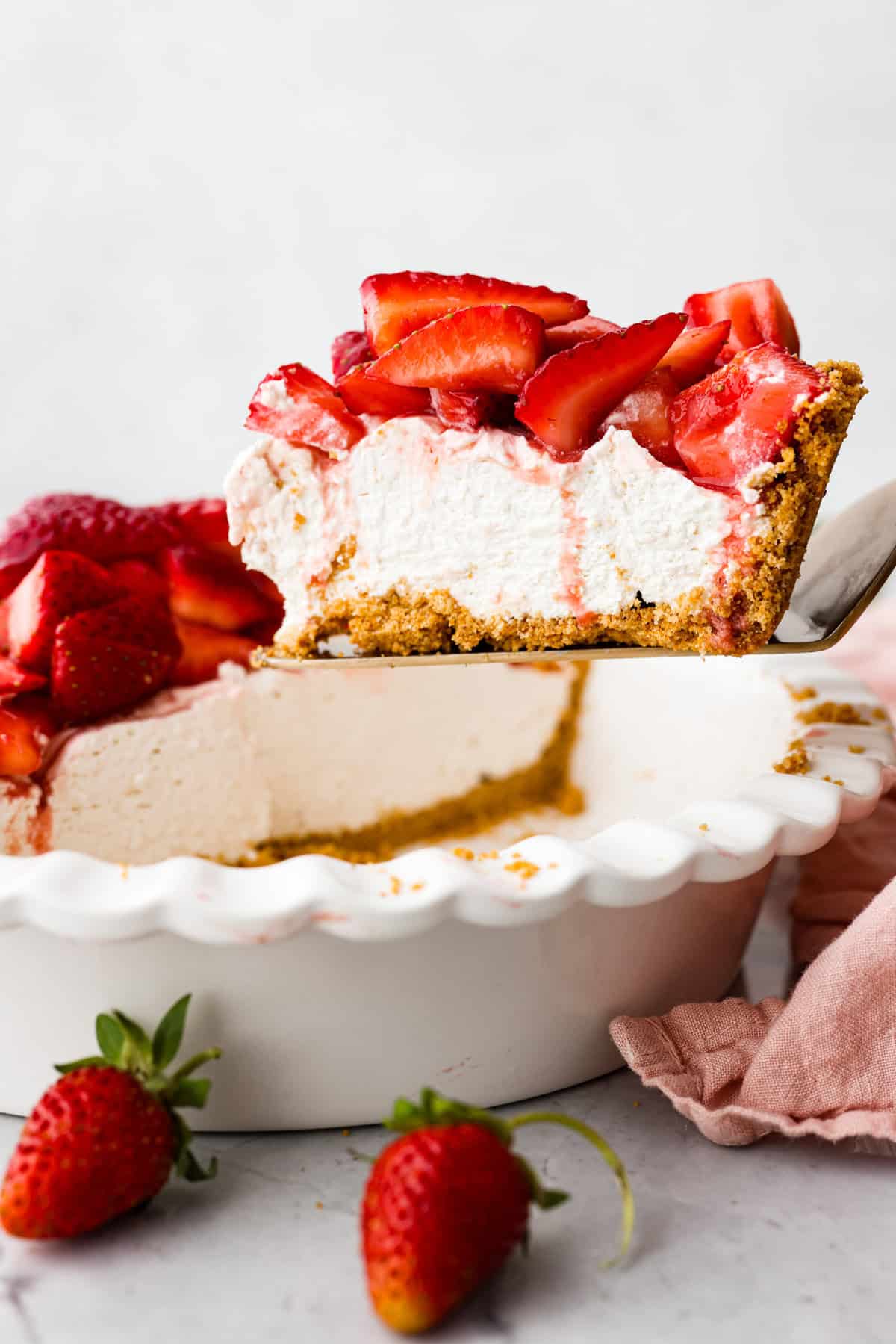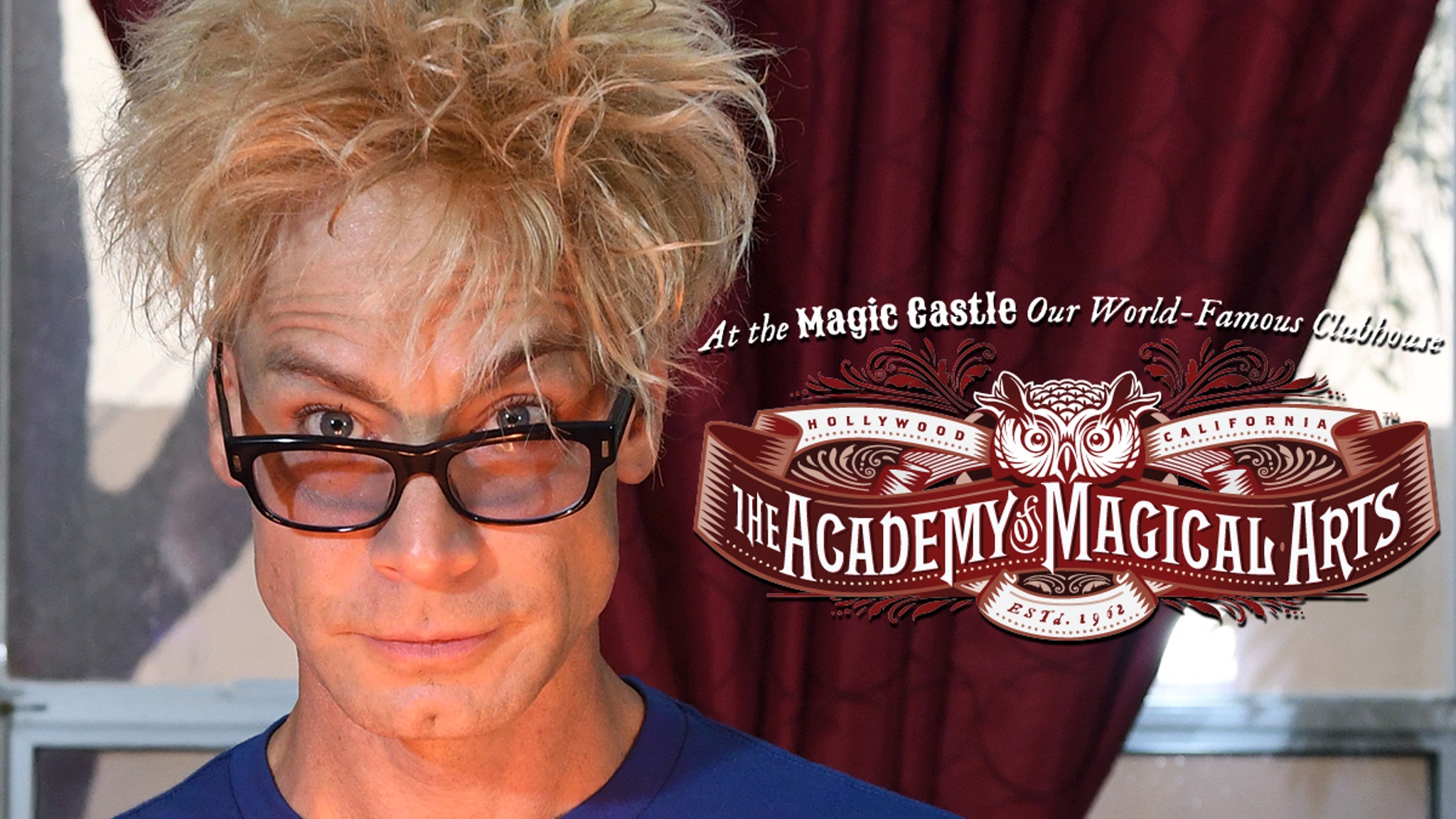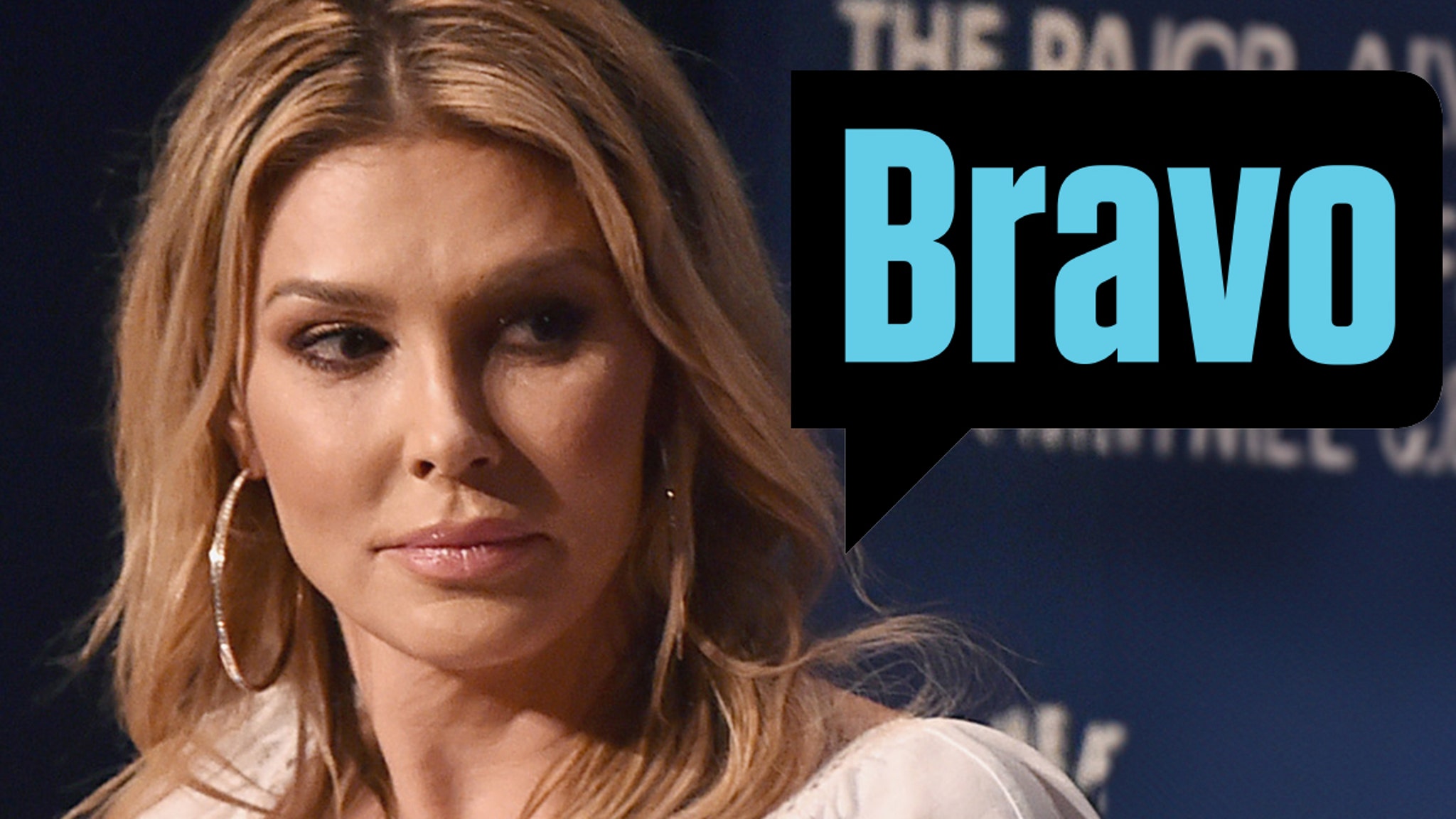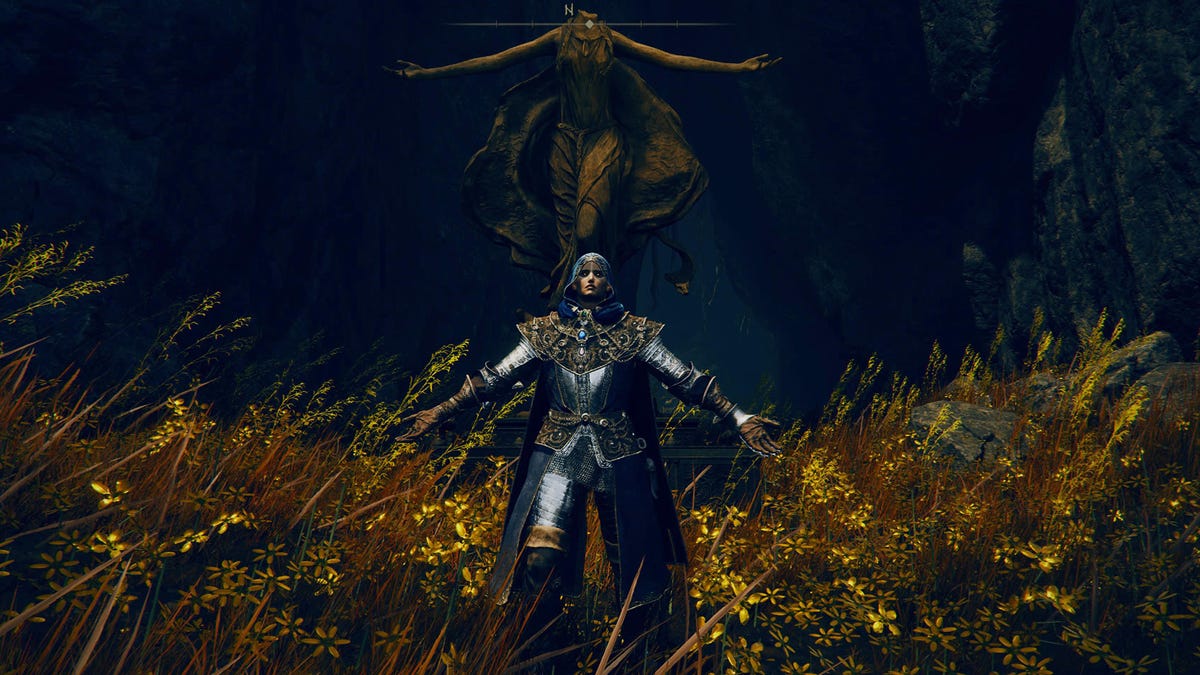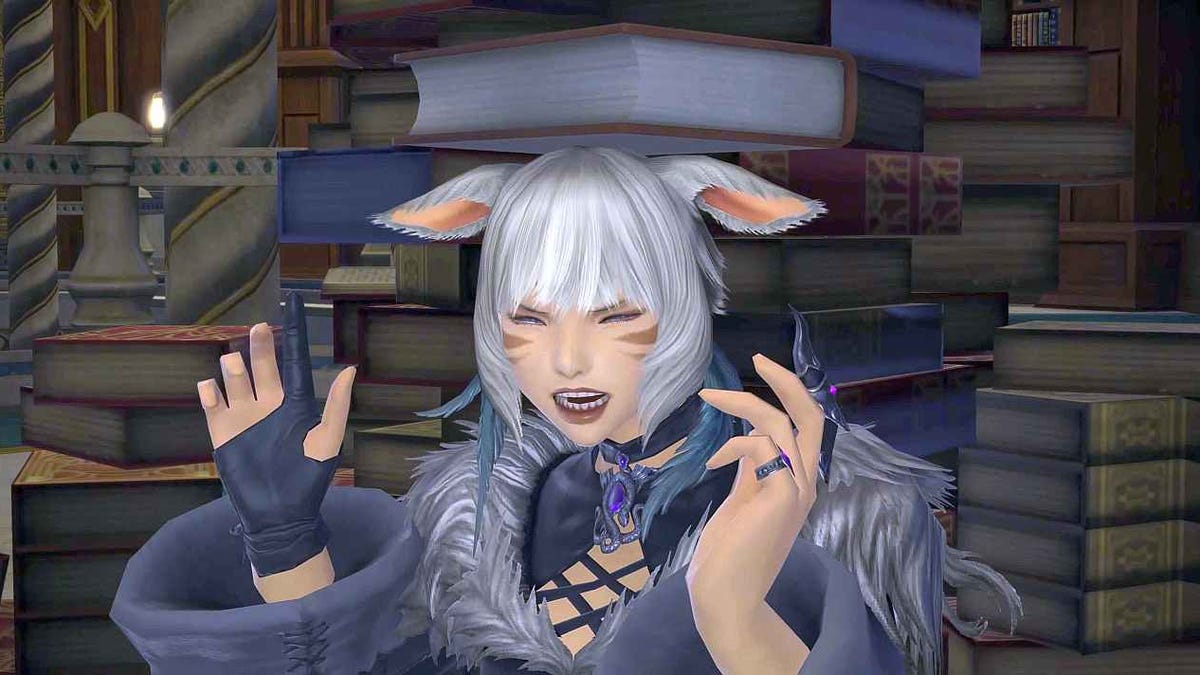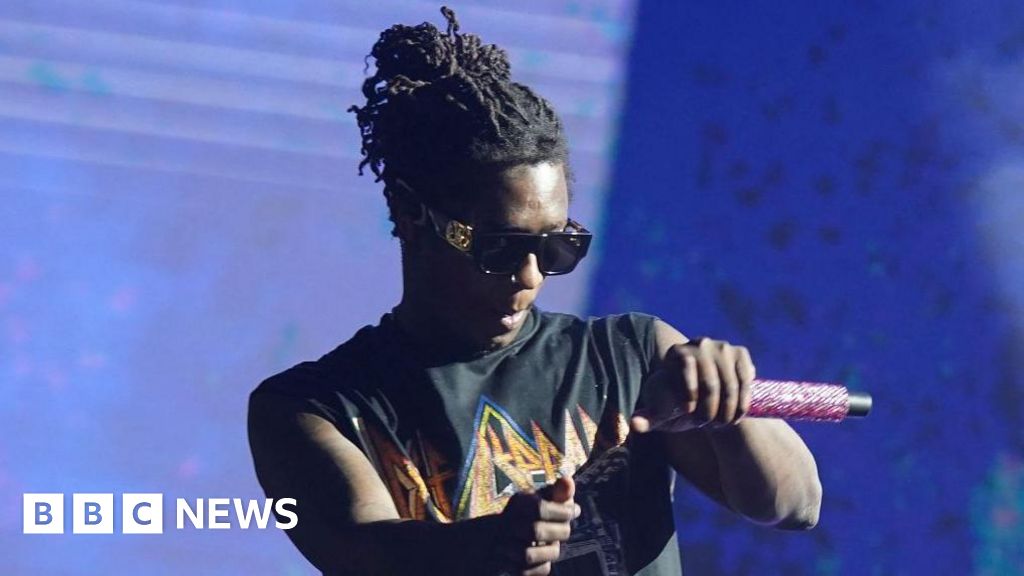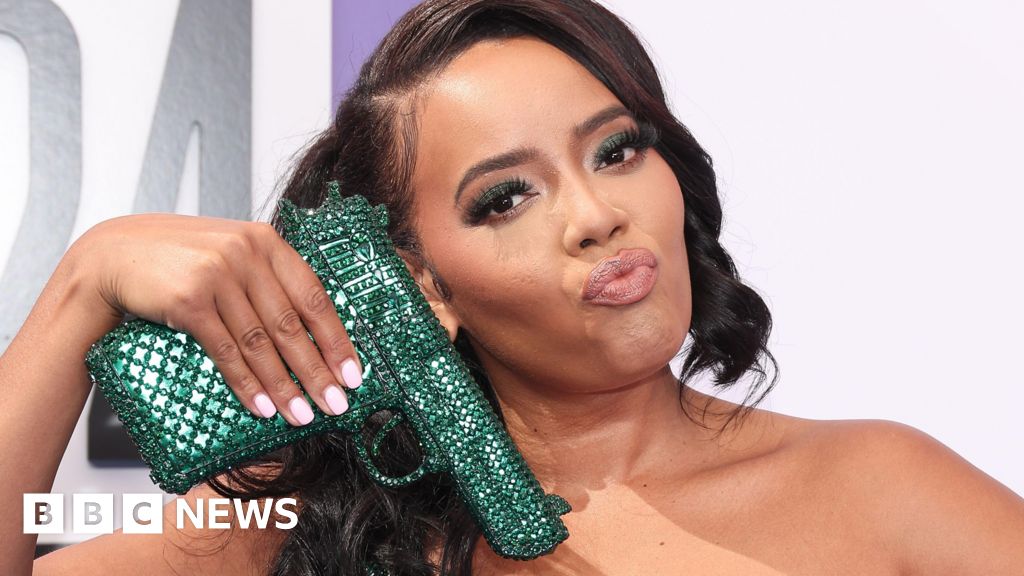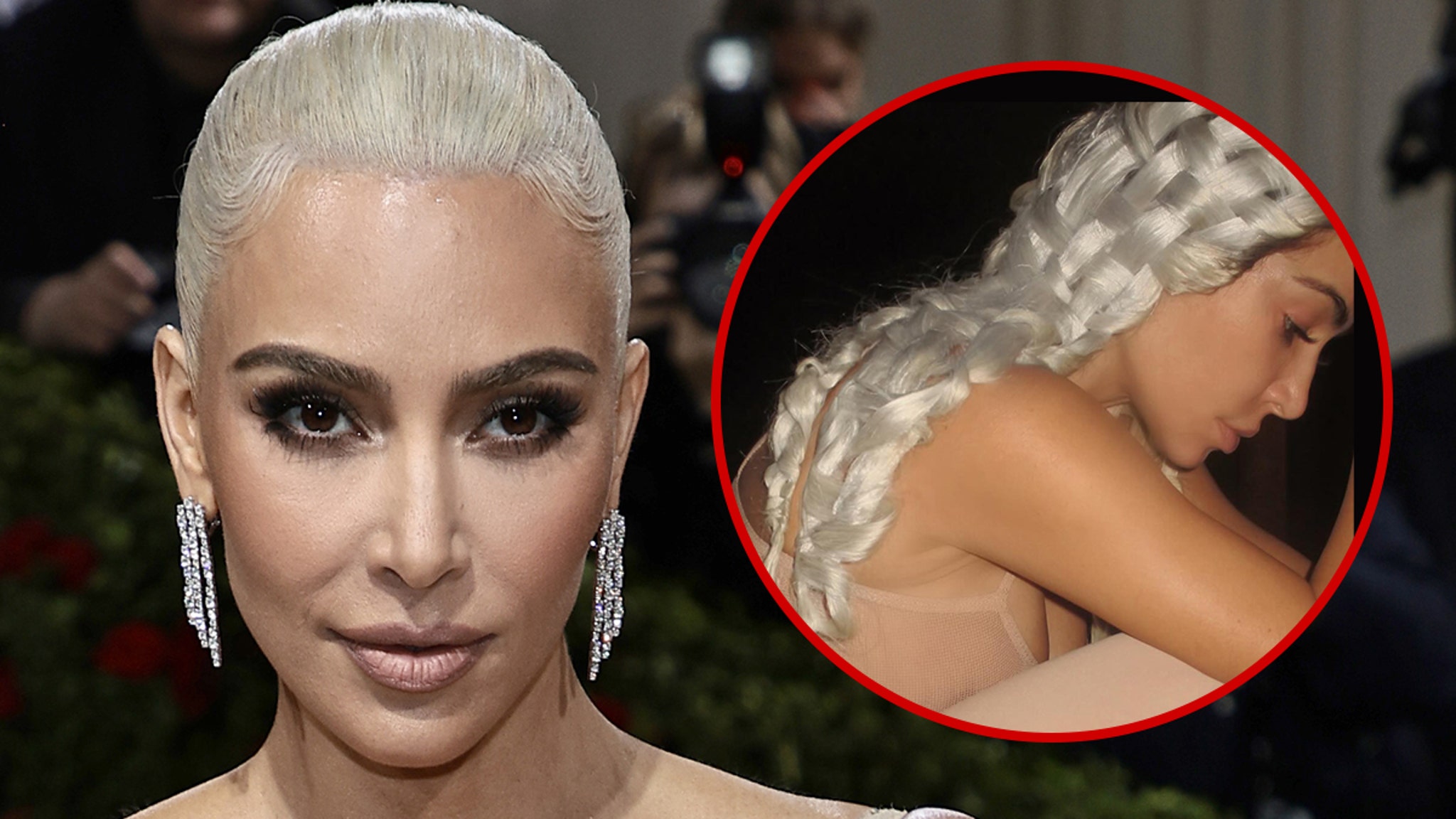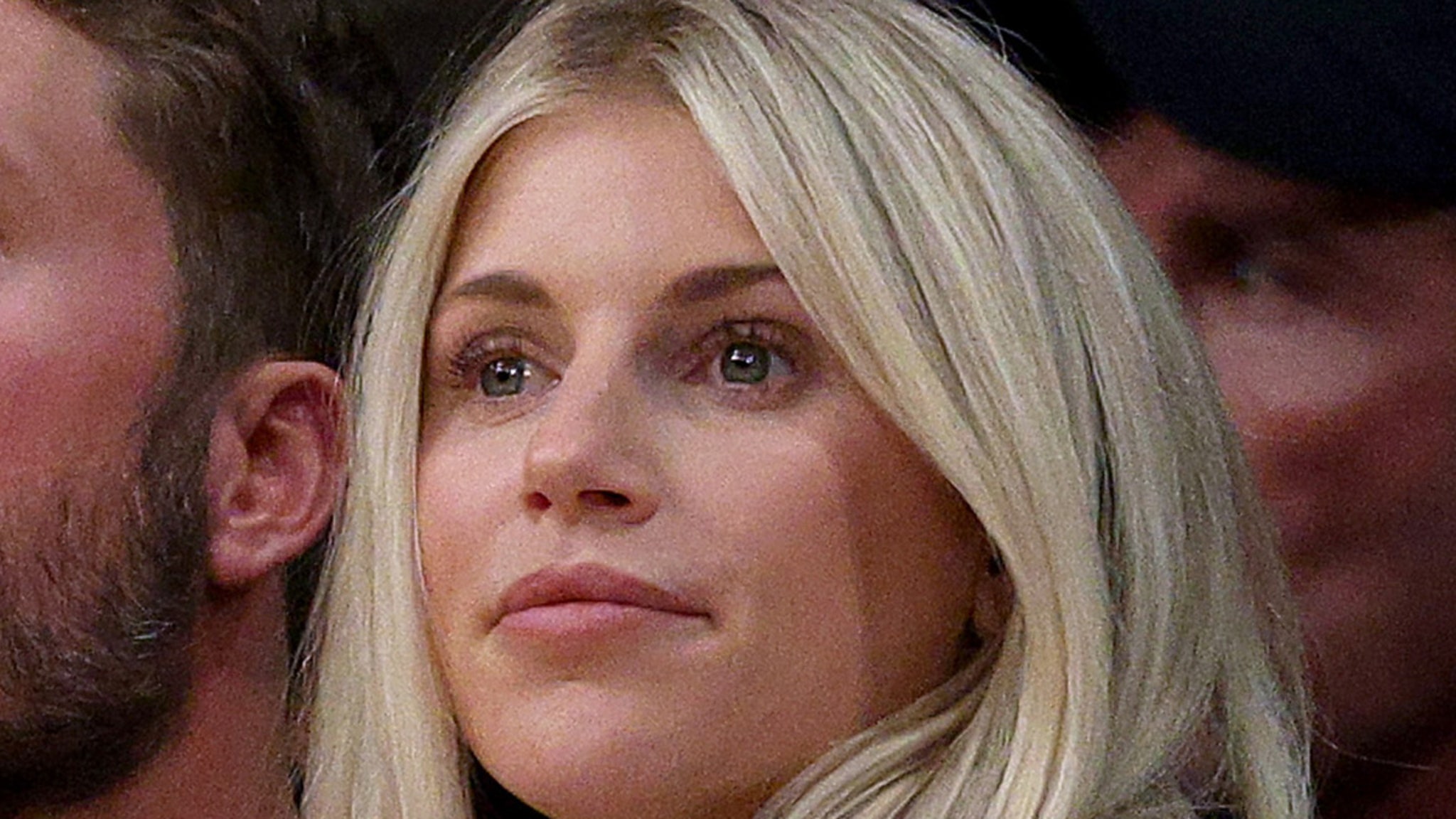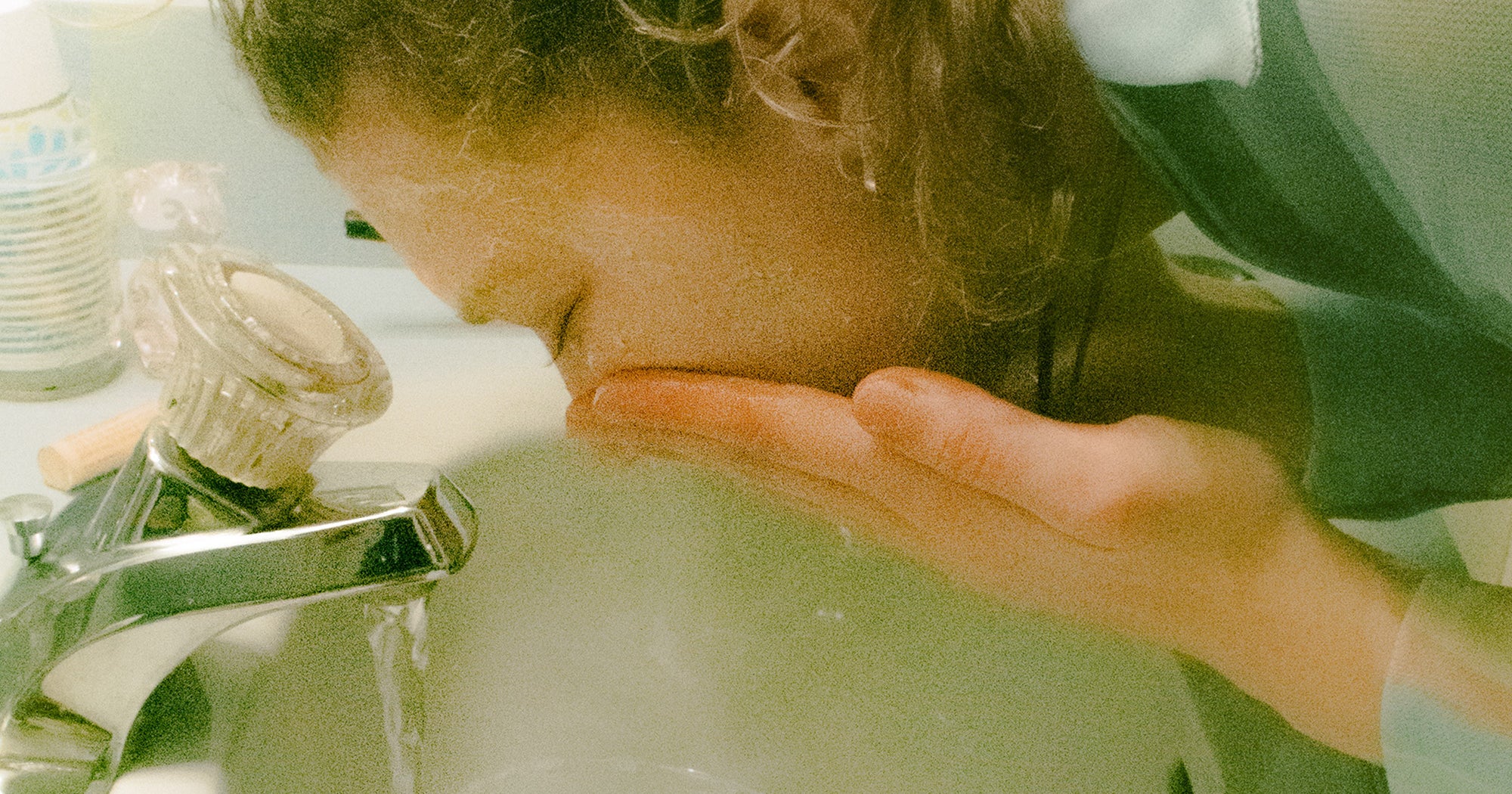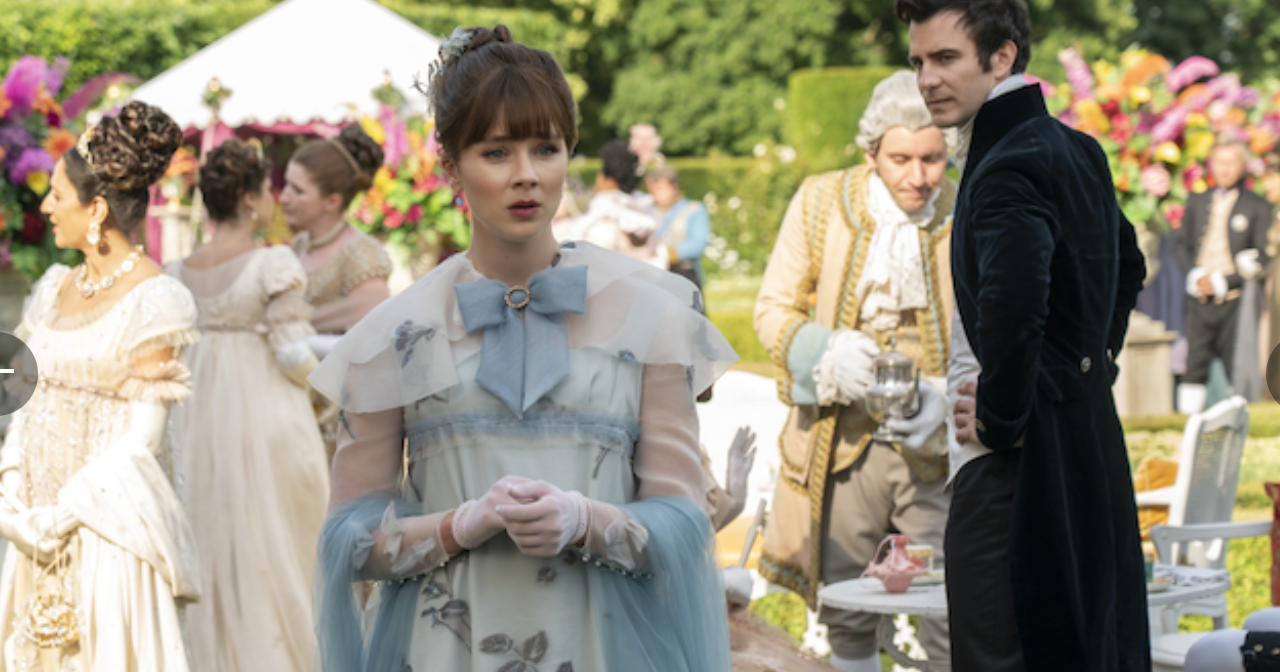One Weird Trick to Making Strong Female Leads Even Better: Let Them Be Psychos
This is the third installment of Fantasy Aisle, a monthly column about everything related to horny dragon books. Season 2 of HBO’s House of the Dragon premieres on Sunday and I’m bracing for the incoming hot takes about feminism. It has two strong female leads! How could that not be feminism?? Well, as a killjoy nerd, I’m here to declare that the show would be much more feminist—and fun!—if it had not deviated so aggressively from the book it’s based on. The show’s refusal to make its leading ladies power-hungry megalomaniacs is a major failing, one I really hope dies in the second season. House of the Dragon is based on George R.R. Martin’s Fire & Blood, which is basically a textbook recounting the long and almost uniformly gross history of the Targaryen family—those power-hungry megalomaniacs from A Game of Thrones. (House of the Dragon takes place roughly 200 years before GoT.) Fire & Blood frequently offers different accounts of the same event, which invites readers to read between the lines and decide which version of Westerosi history is most believable. This gives House of the Dragon a lot of story to play with, which it does to pretty thrilling effect. I admit, it was a good first season! Emma d’Arcy and Olivia Cooke are fantastic actors. And Matt Smith as a complicated, patrician bastard is unfortunately extremely Emmy-worthy—and upsettingly attractive. (See also: The Crown.) The first half was spent developing the childhood friendship of Princess Rhaenyra Targaryen (d’Arcy) and Alicent Hightower (Cooke). In the second half, that friendship is torn asunder by the machinations of—you guessed it—men. Rhaenyra’s dad, King Visaerys, wants to buck tradition and names Rhaenyra his heir. Meanwhile, Alicent’s daddy wants her to be queen and for her sons to inherit the Iron Throne. Alicent marries Visaerys (thus becoming her bestie’s stepmom) and from there the various forms of incest get so twisted that to write about it is barely worth the attempt. However, this central friendship between Rhaenyra and Alicent does not exist in Martin’s text. Alicent and Rhaenyra aren’t even peers. Alicent is roughly a decade older than Rhaenyra, and they pretty much hate each other from the jump. By making them not only the same age but friends, the show insists that the only thing that can make women enemies is men. And while that is a pretty typical outcome of patriarchal control, sometimes women just don’t like each other. Sometimes their actual interests are at odds. And they decide, free and clear of men, to go to war. In HotD, it’s made very clear that young Alicent does not want to marry King Viserys, and that her father is the one forcing her into a marriage with an older man (who happens to be her best friend’s dad). But in the book, King Visaerys is in his late 20s when he marries an 18-year-old Alicent, who is actually pleased about the match. Add to that the many, many times the show places the unhappy fate of its women in the hands of men. Visaerys chooses to violently, horrifically seal his first wife’s fate when she dies in childbirth. Not so in the book! Lady Laena begs her dragon to kill her. Nope! Daemon is a creep, for sure, but there’s never a moment when his loyalty or faith in Rhaenyra is as obviously questioned as it is in the show. And that little family dinner in Episode 8 where Alicent seems to acquiesce to Rhaenyra’s eventual rule thanks to sad Visaerys, good wine, and fond memories? Yeah, there’s definitely no evidence for…
This is the third installment of Fantasy Aisle, a monthly column about everything related to horny dragon books. Season 2 of HBO’s House of the Dragon premieres on Sunday and I’m bracing for the incoming hot takes about feminism. It has two strong female leads! How could that not be feminism?? Well, as a killjoy nerd, I’m here to declare that the show would be much more feminist—and fun!—if it had not deviated so aggressively from the book it’s based on. The show’s refusal to make its leading ladies power-hungry megalomaniacs is a major failing, one I really hope dies in the second season. House of the Dragon is based on George R.R. Martin’s Fire & Blood, which is basically a textbook recounting the long and almost uniformly gross history of the Targaryen family—those power-hungry megalomaniacs from A Game of Thrones. (House of the Dragon takes place roughly 200 years before GoT.) Fire & Blood frequently offers different accounts of the same event, which invites readers to read between the lines and decide which version of Westerosi history is most believable. This gives House of the Dragon a lot of story to play with, which it does to pretty thrilling effect. I admit, it was a good first season! Emma d’Arcy and Olivia Cooke are fantastic actors. And Matt Smith as a complicated, patrician bastard is unfortunately extremely Emmy-worthy—and upsettingly attractive. (See also: The Crown.) The first half was spent developing the childhood friendship of Princess Rhaenyra Targaryen (d’Arcy) and Alicent Hightower (Cooke). In the second half, that friendship is torn asunder by the machinations of—you guessed it—men. Rhaenyra’s dad, King Visaerys, wants to buck tradition and names Rhaenyra his heir. Meanwhile, Alicent’s daddy wants her to be queen and for her sons to inherit the Iron Throne. Alicent marries Visaerys (thus becoming her bestie’s stepmom) and from there the various forms of incest get so twisted that to write about it is barely worth the attempt. However, this central friendship between Rhaenyra and Alicent does not exist in Martin’s text. Alicent and Rhaenyra aren’t even peers. Alicent is roughly a decade older than Rhaenyra, and they pretty much hate each other from the jump. By making them not only the same age but friends, the show insists that the only thing that can make women enemies is men. And while that is a pretty typical outcome of patriarchal control, sometimes women just don’t like each other. Sometimes their actual interests are at odds. And they decide, free and clear of men, to go to war. In HotD, it’s made very clear that young Alicent does not want to marry King Viserys, and that her father is the one forcing her into a marriage with an older man (who happens to be her best friend’s dad). But in the book, King Visaerys is in his late 20s when he marries an 18-year-old Alicent, who is actually pleased about the match. Add to that the many, many times the show places the unhappy fate of its women in the hands of men. Visaerys chooses to violently, horrifically seal his first wife’s fate when she dies in childbirth. Not so in the book! Lady Laena begs her dragon to kill her. Nope! Daemon is a creep, for sure, but there’s never a moment when his loyalty or faith in Rhaenyra is as obviously questioned as it is in the show. And that little family dinner in Episode 8 where Alicent seems to acquiesce to Rhaenyra’s eventual rule thanks to sad Visaerys, good wine, and fond memories? Yeah, there’s definitely no evidence for…







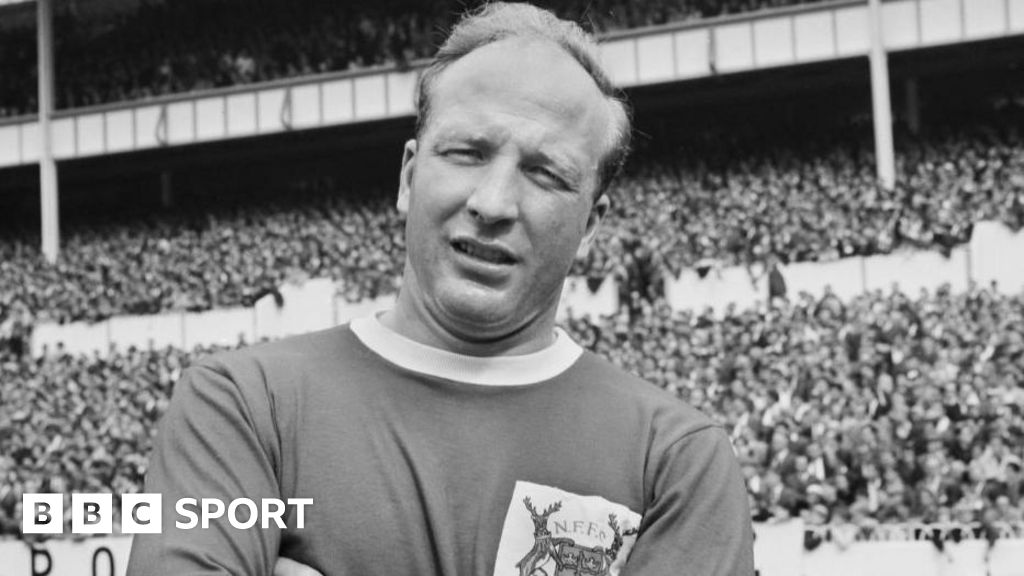





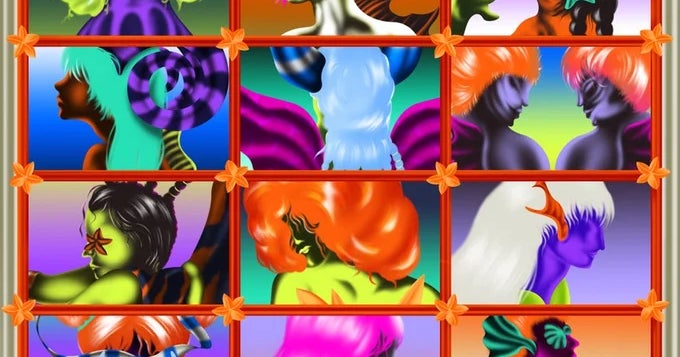












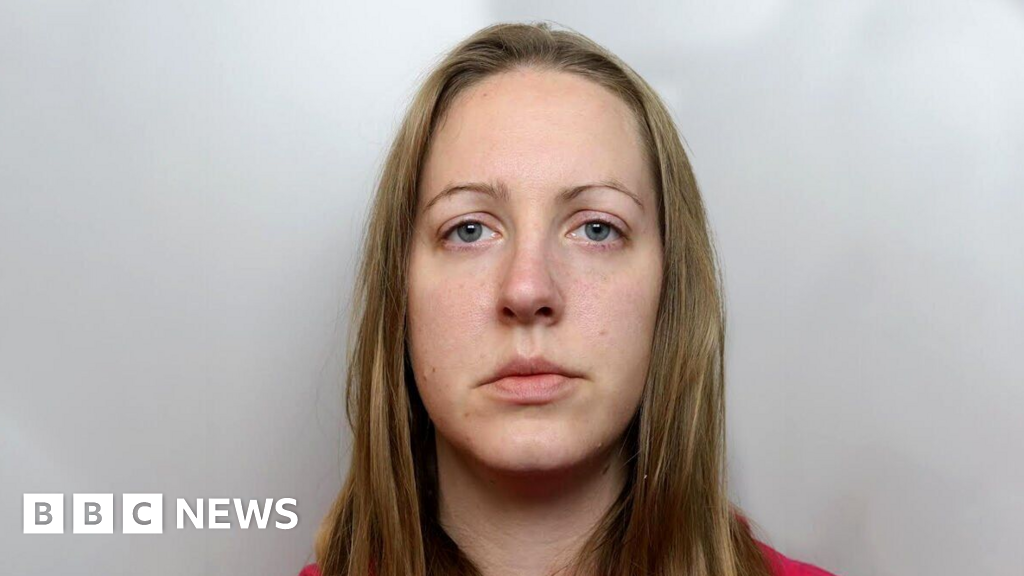







/cdn.vox-cdn.com/uploads/chorus_asset/file/25050400/STK140_MASTODON_CVirginia.jpg)
/cdn.vox-cdn.com/uploads/chorus_asset/file/25515682/snapchat_houses.png)



















